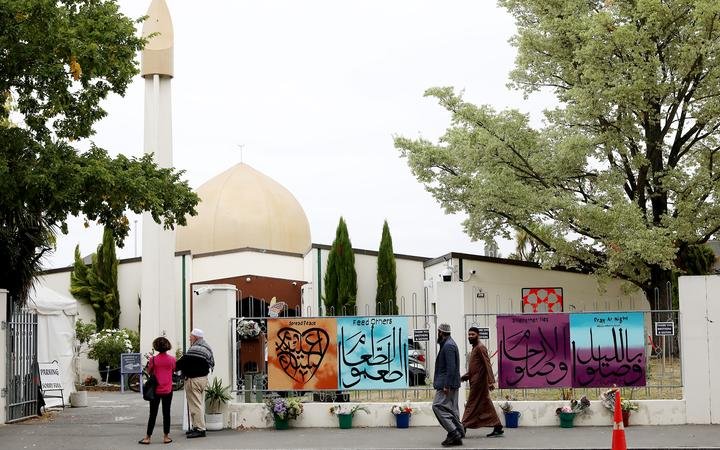Prime Minister Jacinda Ardern has acknowledged the 51 people who lost their lives in the March 15 terrorist attacks on the third anniversary of the mosque shootings.
“We will always remember and acknowledge the 51 shaheed who died as a result of the terrorist attack on 15 March. One way their memories are honoured is through the work that is taking place to make our country a better home for all who live here,” Jacinda Ardern said.
“Just 10 days after the attack, a Royal Commission of Inquiry was established which provided 44 recommendations aimed at ensuring Aotearoa New Zealand becomes a diverse, safe and inclusive country.
“Some actions, such as the establishment of a Ministry for Ethnic Communities and an annual hui on countering violent extremism and counter-terrorism, are up and running. And work continues on many others, including the reform of gun licensing.
“In the aftermath of the attacks, New Zealand and the whole world were inspired by the strength and resolve of our Muslim community, who in the face of unspeakable grief decided to respond from a place of love, and not from a place of anger or fear.
“Three years on, Muslim communities across Aotearoa New Zealand continue to inspire us with their resilience and generosity.
“We must not leave them to shoulder this burden alone. Every New Zealander has a role to play and I urge them to continue to show the support they so publicly expressed in the days following March 15.
“Our Muslim community has always been open to dialogue and has often led the way as we work together to learn from that horror, so we can build a safer and more inclusive Aotearoa New Zealand.
“We should all learn from their example and play our part to support efforts to combat Islamophobia. There is absolutely no place for it in our community,” Jacinda Ardern said.
A number of Government initiatives have been announced, are underway or completed as part of the Government response to the Royal Commission of Inquiry report. Those initiatives are:
-
Appointment of Minister Little as Lead Coordination Minister for the response
-
Establishment of Kāpuia, the Ministerial Advisory Group for the Government’s Response
-
Establishment of the Ministry for Ethnic Communities
-
Establishment of the Ethnic Communities Graduate Programme
-
Deliver ongoing support and establishment of the Collective Impact Board
-
Establishment of He Whenua Taurikura, New Zealand’s hui on countering terrorism and violent extremism
-
Establishment of the National Centre of Research Excellence and Master’s scholarships on countering and preventing terrorism and violent extremism
-
Implement a trial to support young children to improve their self-regulation, resilience, and social skills
-
Establishment of a Royal Commission of Inquiry Ethnic and Faith Community Engagement Response Fund to ensure faith appropriate funding is available to communities to enable them to inform the Government’s response.
-
Establishment of the New Zealand Police programme Te Raranga, The Weave, to improvements in Police’s frontline practice to identify, record, and manage hate crime
-
Increasing the capacity of the Human Rights Commission
-
Implementation of He Aranga Ake, a multi-agency preventative approach to identifying persons of concern, to reduce the likelihood of them causing harm associated with violent extremism.
-
Strengthening New Zealand’s Counter Terrorism legislation
-
Accession to the Budapest Convention on Cybercrime
-
Progressing gun reform including banning the most dangerous firearms, implementing harsher penalties for gun crime and a tougher licensing system, and progressing work on a firearms register.
In late 2021, Cabinet agreed to a cross-government work programme that will see substantive work to address all 44 recommendations in the RCOI report commence or become part of agencies’ ongoing activities by 2023. This work programme has been directly influenced by feedback from Kāpuia, the Ministerial Advisory Group for the Government’s Response.
DPMC has published a progress tracker on its website to provide status updates on all 44 Royal Commission of Inquiry recommendations. – TIN Bureau




